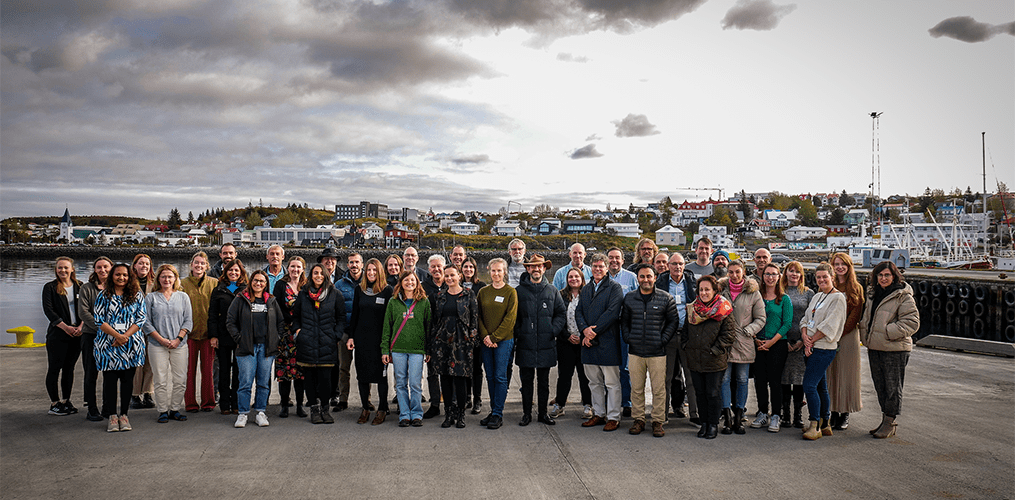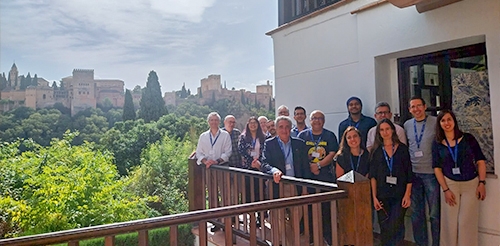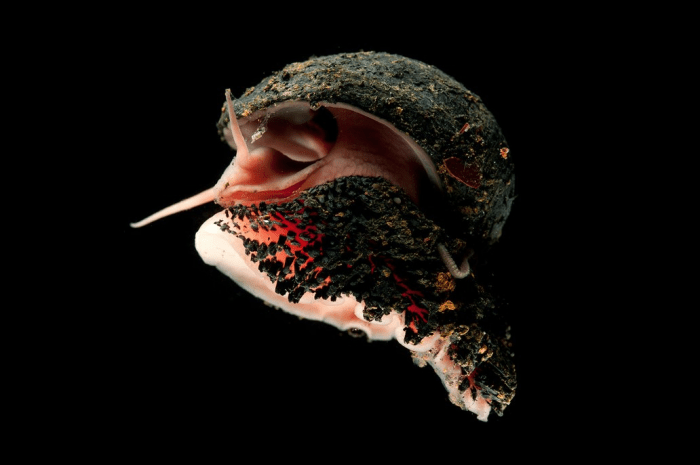On October 2-5, 2023, Marine SABRES partners met in Hafnarfjörður, Iceland, for their second General Assembly, one year after the kick-off meeting in Cork, Ireland. Members from each of our 21 partner organisations met together at Hafrannsóknastofnun, the Marine and Freshwater Research Institute of Iceland (MFRI), for three days of productive discussions on the research activities partners have accomplished so far and tasks yet to come.
LifeWatch ERIC joined the meeting with the participation of Cristina Huertas-Olivares (International Initiatives & Projects Manager at LifeWatch ERIC SSO, Seville, Spain), and its LifeWatching WebTV
LifeWatching WebTV joined the Marine SABRES 2nd General Assembly to record audio-visual material for Marine SABRES’ Video Documentary and some WebTV videos, while conducting a first series of interviews with WP leaders, DAs leaders, project partners and some local stakeholders of the fishery sector based in the Arctic Demonstration Area. The local partners and stakeholders made a general presentation of pelagic fisheries in Iceland, illustrating its history and importance, how it has changed over time, what are the most important fish stocks etc, while exploring its economic and environmental challenges. The video shootings took place during the three-day meeting at MFRI, and at the Icelandic Maritime Museum and Ocean Cluster, in Reykjavik. Moreover, some video shootings of the naturalistic surroundings near Reykjavik will be realised.
The driving force of this first year has been stakeholder engagement in the three ‘demonstration areas’ of the project: Macaronesia, the Arctic-Northeast Atlantic, and the Tuscan Archipelago. As a project, Marine SABRES is explicitly designed with the input from the community at its core, rather than using a top-down approach. By inviting stakeholders into the decision-making process, the project ensures that their opinions and perspectives are central to the work being conducted and inform project outputs.
- Learn more about the stakeholder engagement Marine SABRES has conducted so far in the following article: Co-creating Better Marine Management: Stakeholder Engagement in Marine SABRES
Within each demonstration area, Marine SABRES research focuses specifically on a local issue. In Macaronesia, for example, the research is centred around biodiversity restoration and the benefits of ecotourism, while in the Tuscan Archipelago, the work examines the impacts of tourism on seagrass meadows.
At Hafrannsóknastofnun, insights from project partners in the Arctic-Northeast Atlantic area on shared management challenges for the fishing industry in Iceland, Greenland, and the Faroe Islands, where overfishing is dangerously high and the ranges of important fish stocks such as herring, mackerel, and blue whiting are shifting due to climate change, were presented and discussed. Some local stakeholders of the Arctic demonstration area, Lísa Anne Libungan of Fisheries Iceland, and Thor Sigfusson from Iceland Ocean Cluster attended the meeting. Partners had also the opportunity to receive a tour from Thor of the Ocean Cluster House, a unique space in Reykjavik for entrepreneurs and businesses in marine industries.
Marine SABRES look forward to updating you on the progress of the project, as partners identify opportunities to better implement ecosystem-based management and develop pathways to transformation for a biodiverse & sustainable future!


